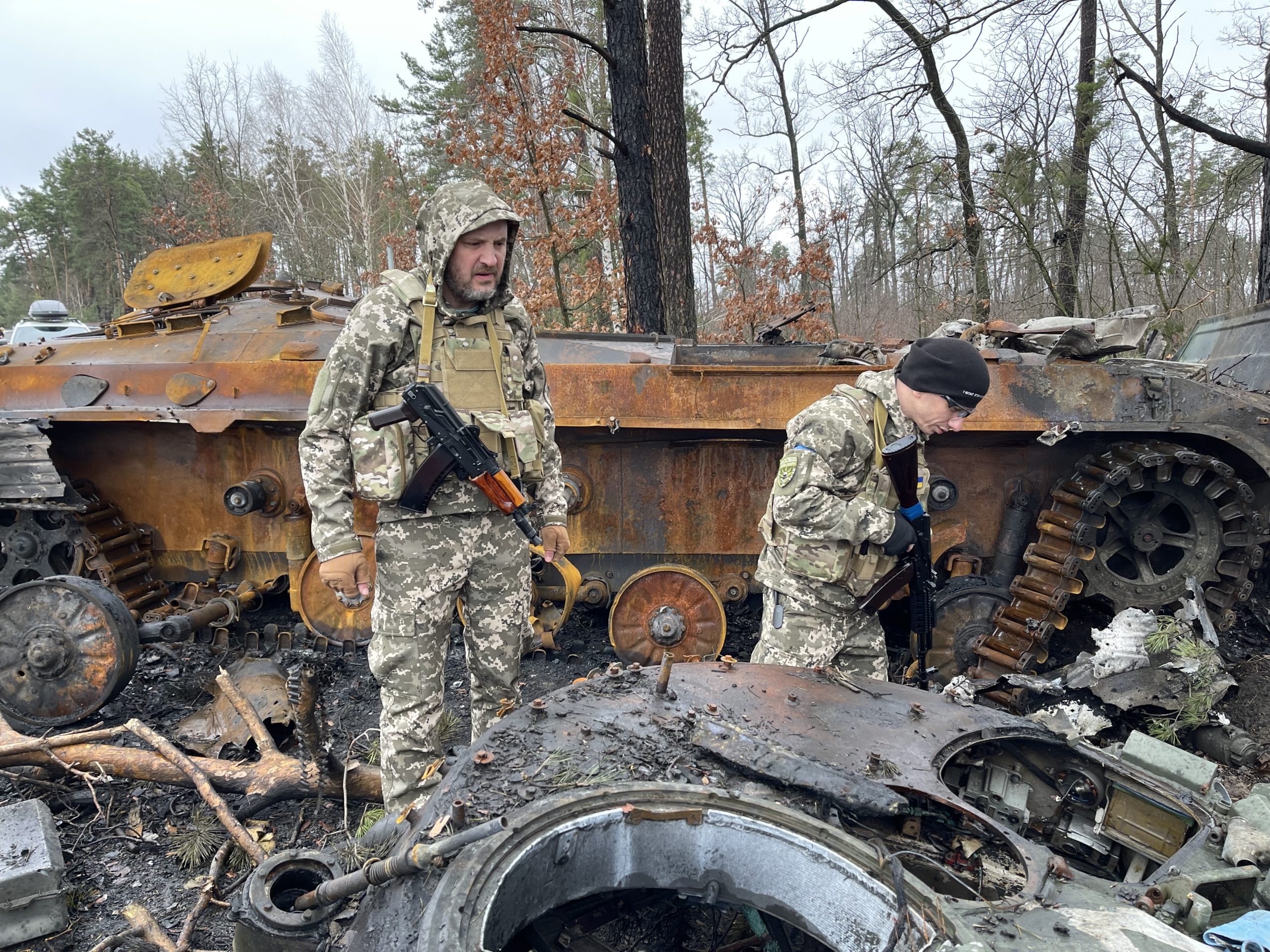The Russian-Ukrainian War: A Struggle of Wills
Al-Masry Al-Youm, Egypt, October 12
The worst part about the Russian-Ukrainian war is that it is not a conflict over land, nor is it a border clash that has escalated into an armed confrontation. Similarly, it cannot be described as a Russian desire to occupy Ukraine in a similar fashion to old colonialism. Rather, it is a conflict of wills, in which each party desires to establish new rules in its relationship with the other side. On one side, there is Russia, which seeks to redefine its national identity and national security doctrine vis-a-vis Europe. On the other side, there is Ukraine, which is defending its borders and its interest, representing the Western world. The problem is that Russia will not be willing to emerge from this war defeated. At the same time, it is also highly unlikely that it will emerge victorious. Russia’s dilemma of annexing part of Ukraine’s territory through the use of armed force is considered a red line by the international community. It simply cannot be allowed because it will encourage other countries to act in a similar way. Further, Moscow’s hope of breaking the spirit and will of the Ukrainian people and leading to the collapse of the government in Kiev also failed, especially in light of the unlimited support provided by the West to Ukraine. The annexation of the four regions – Donetsk, Luhansk, Zaporizhzhia and Kherson – to the Russian Federation was not accepted by the international community, and Russia has entered a long war of attrition and hit-and-run battles that will inevitably diminish its economy and the capability of its forces. The decision to annex four regions, comprising a majority of Russian speakers and nearly half of ethnic Russians, will continue to impose huge costs on the Kremlin. The move further complicates the war and limits the chances of reaching a settlement or compromise, because it creates a zero-sum game: Either Russia manages to control these new territories or Ukraine manages to liberate them. There’s likely little in between. The Ukrainian president, Volodymyr Zelenskyy, surprised many with his steadfastness, his decision not to leave the battlefield, and his insistence on refusing to hand over any Ukrainian territory to Russia, including Crimea. Zelenskyy refused to make any concessions to Russia since the beginning of the crisis. The country could have avoided the evils of this war, for which the Ukrainian people paid a heavy price. As for Russian President Vladimir Putin, he imagines breaking Ukraine’s spirit and defeating it in the battlefield, which would represent Russia’s return to the international arena, not only as a superpower, but also as an important and prestigious international player; something that Ukraine and the West will simply not accept. – Amr Al-Shobaki (translated by Asaf Zilberfarb)


